Tyrone teacher discusses her recovery from an eating disorder
TAHS faculty member speaks out about overcoming eating disorders
TASD Physical Education teacher Mrs. Megan Hartman
Tyrone Area High School and Elementary school gym teacher Megan Hartman suffered from an eating disorder in high school.
She recently shared her story with the Eagle Eye in the hope that others who may be struggling with an eating disorder will know that they can overcome it and lead a happy, healthy life.
Eagle Eye: What caused your eating disorder?
Megan Hartman: I don’t know that there’s necessarily a cause or anything that happened. It started out as a quest to be more healthy, and I have a very perfectionist sort of personality and I can become consumed with things. So my quest to be healthy soon turned into a crazy obsession that just spiraled out of control.
E.E: Did your eating disorder lead to you being bulimic or anorexic?
MH: I was anorexic.
E.E: How long did you have your eating disorder?
MH: It started when I was fifteen and I was getting help for it. It was probably sixteen going on seventeen when I stopped doing counseling. I was considered “recovered” because I was at an appropriate weight and could tell them what they wanted to hear as far as knowing what I should eat and how I should behave.
I think eating disorders are something that a lot of people struggle with their whole life. Even though I eat normally for the most part now and look normal, I could still tell you the calorie content of almost any food. It’s something that still goes through my head a lot, which is annoying, but it is what it is.
E.E: When did you realize you needed help?
MH: I wasn’t the one that decided I needed help. My basketball coach noticed that I wasn’t able to run and I didn’t have the endurance that I used to, so he spoke to my parents. I wasn’t allowed to play until I agreed to get help.
E.E: How did it affect you physically, mentally, socially, and in school?
MH: Physically, I lost most of my muscle mass so I was really skinny, which was the goal I guess…but I had no endurance, my sports suffered, and I was exhausted all the time.
Mentally, I was just consumed with thoughts of eating and not eating and over exercising to compensate for anything that I did eat.
Socially, with my family and friends I sort of became anti-social during that time because when I was with friends out in a setting I didn’t have control all the time over what I ate or what was going on so that scared me to death.
In school my grades weren’t really affected I guess, but athletically I was hindered when I was at my lowest wait because I couldn’t perform.
E.E: How did your eating disorder affect your friends and family?
MH: Well, my family had to put up with a grumpy, moody, Megan because I was starving so that makes you grumpy. When you’re anorexic your life is very ritualized around food what you do eat, what you don’t eat, your fear of food, so I wasn’t any fun so I avoided a lot of social situations whenever I was in the lowest of my lows.
E.E: What steps did you take towards recovery?
MH: To recover, my parents actually found a counselor that specialized in eating disorders. I would do counseling a couple times a week, then it went down to once a week. I also had the support of my family watching what I did.
I started to get better when I realized hurting myself and I couldn’t do the things I loved because of what I was doing.
Also when you start to lose friends it really sucks because you’re no fun anymore.
E.E: What is your advice to those going through a similar experience?
MH: I guess the best advice I would have is to accept help, which is probably the hardest thing to do because you don’t want to admit anything is wrong. But your friends and your family, your coaches and teachers always have your best interest at heart… or at least they should. So you just have to suck it up and listen to them sometimes.
E.E: What did overcoming this disorder teach you about yourself?
MH: Well, I mean I could tell you what everyone wants to hear, that it teaches you that you can overcome any obstacle in your life if you try hard and you have people to support you… which is true, but I think it also taught me I know a lot more about my personality. I know triggers that set me off, I know that I am very “type A” so I now catch myself with eating or with other things when I start getting obsessive compulsive about them. So I think it’s good. I learned a lot about myself and how to control my craziness.
E.E: Do you feel that even though you’re considered “recovered” now that you still have issues with eating?
MH: I do not have daily issues with eating anymore. However, I can get… like I told you earlier; I know all the calorie contents of every food. So when I gain a few pounds I do tend to freak out more than the average person, I would say. It’s something I still think about.
I think people that don’t have eating disorders, they eat because they’re hungry and that’s food and that’s what you do. But when you have an eating disorder, food is more than just nourishment for your body. If you eat too much, you feel crappy about yourself. If you eat too little, you feel bad about yourself, so food becomes more of an emotional thing rather than just fuel for your body.
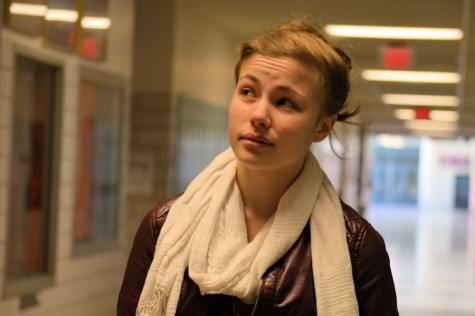
Hey there! I'm Alyssa Benton, a senior here at Tyrone Area High School. This is my first year as a member of the Eagle Eye staff and I have to say it's...



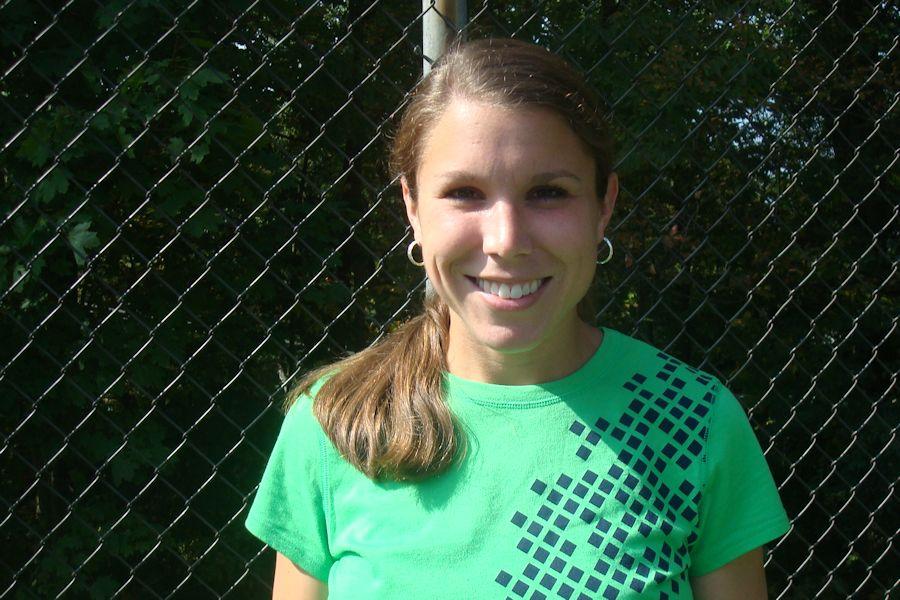
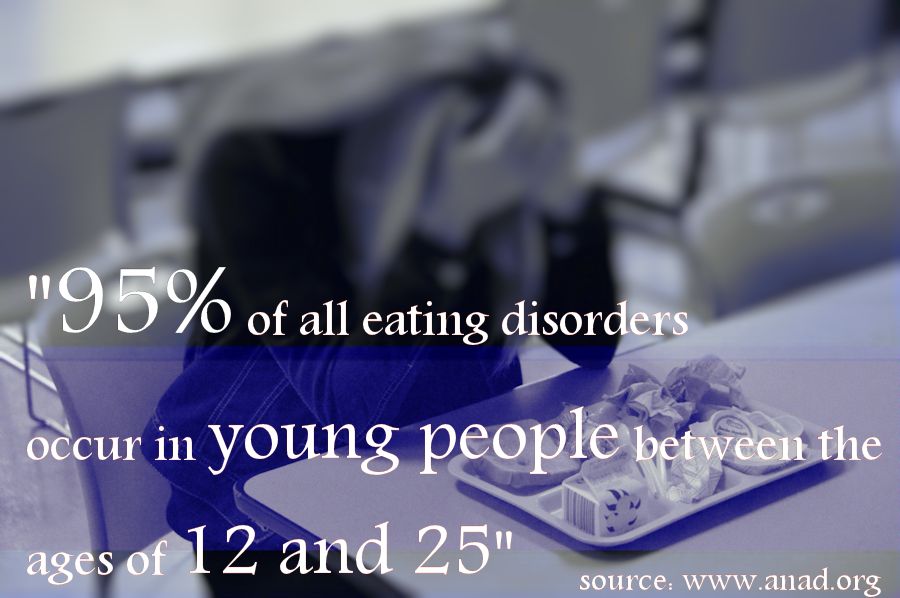


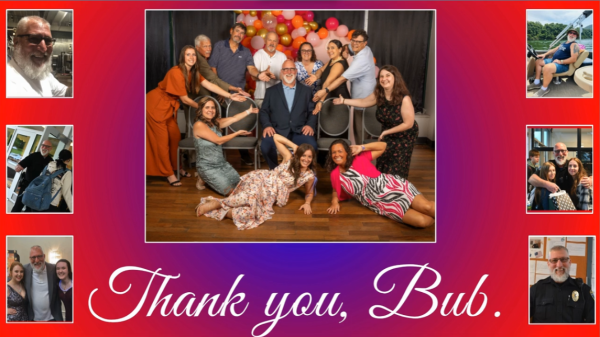
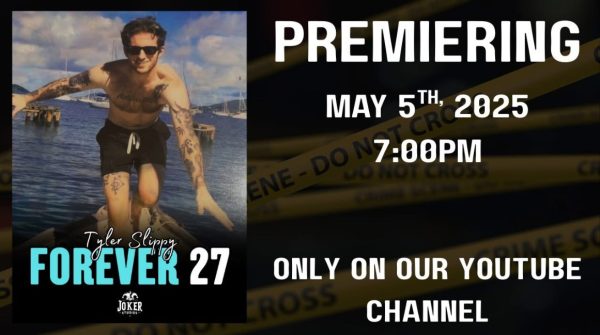
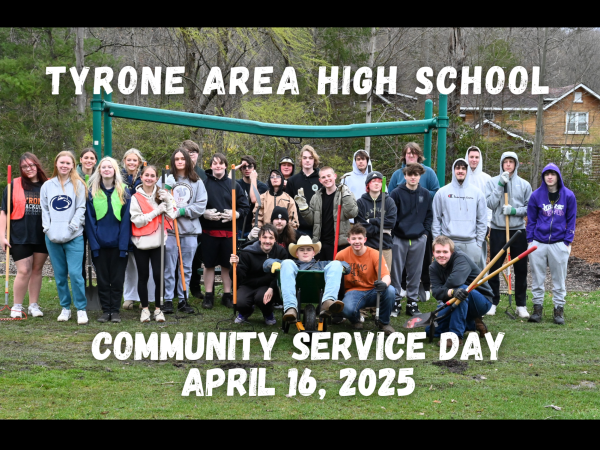
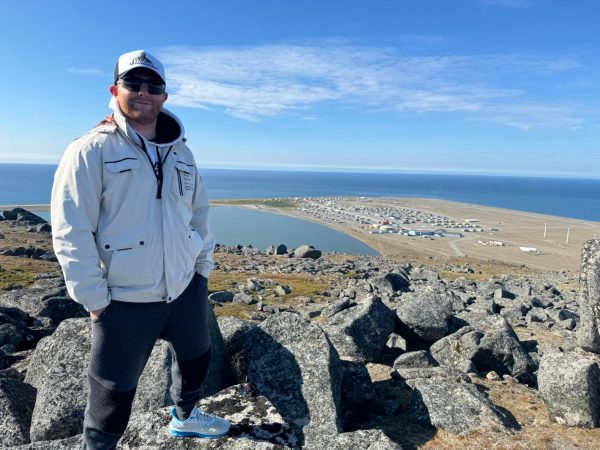

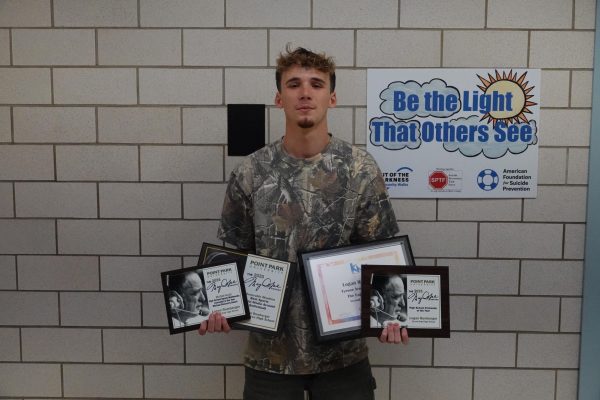
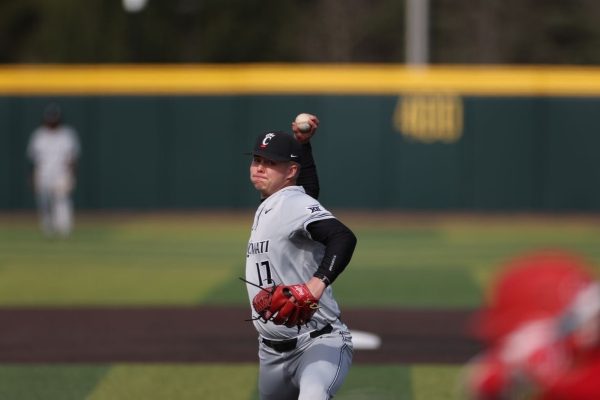
cheyanne robinson • Apr 11, 2014 at 2:41 pm
i have always wished to olny eat oe meal everyday cause i want to loose wieght
Denise A Hewitt • Apr 8, 2014 at 9:59 am
Wow!!! This really hit home for me!!! I also suffered from anorexia and am a graduate from the TAHS! Your story sounds almost identical to my own story. My eating disorder started in my junior year in high school. I weighed a whopping 69 pounds and wasn’t allowed to participate in Phys-Ed classes for fear that I would get injured from being so frail. I came down with Mono during this time because my immune system was so low.
It wasn’t until my creative teacher,Mrs Binus,got involved and sent me to the school nurse. She asked me to take a note to her and when I got there she asked me to get on the scale! She notified my parents and they took me to our family doctor, Dr Ayers, long story short, I am now 53 years old and still worry about my weight gain but have realized too that life is too short to let it control my life!! So now I’m just enjoying life with my family and two very precious grandsons!!
Take care Meghan and I will keep you in my prayers!! I know how this disease can take control of your life but I also know that we can beat this disease and live a normal life!!
Best Wishes to you!!
Denise Hewitt